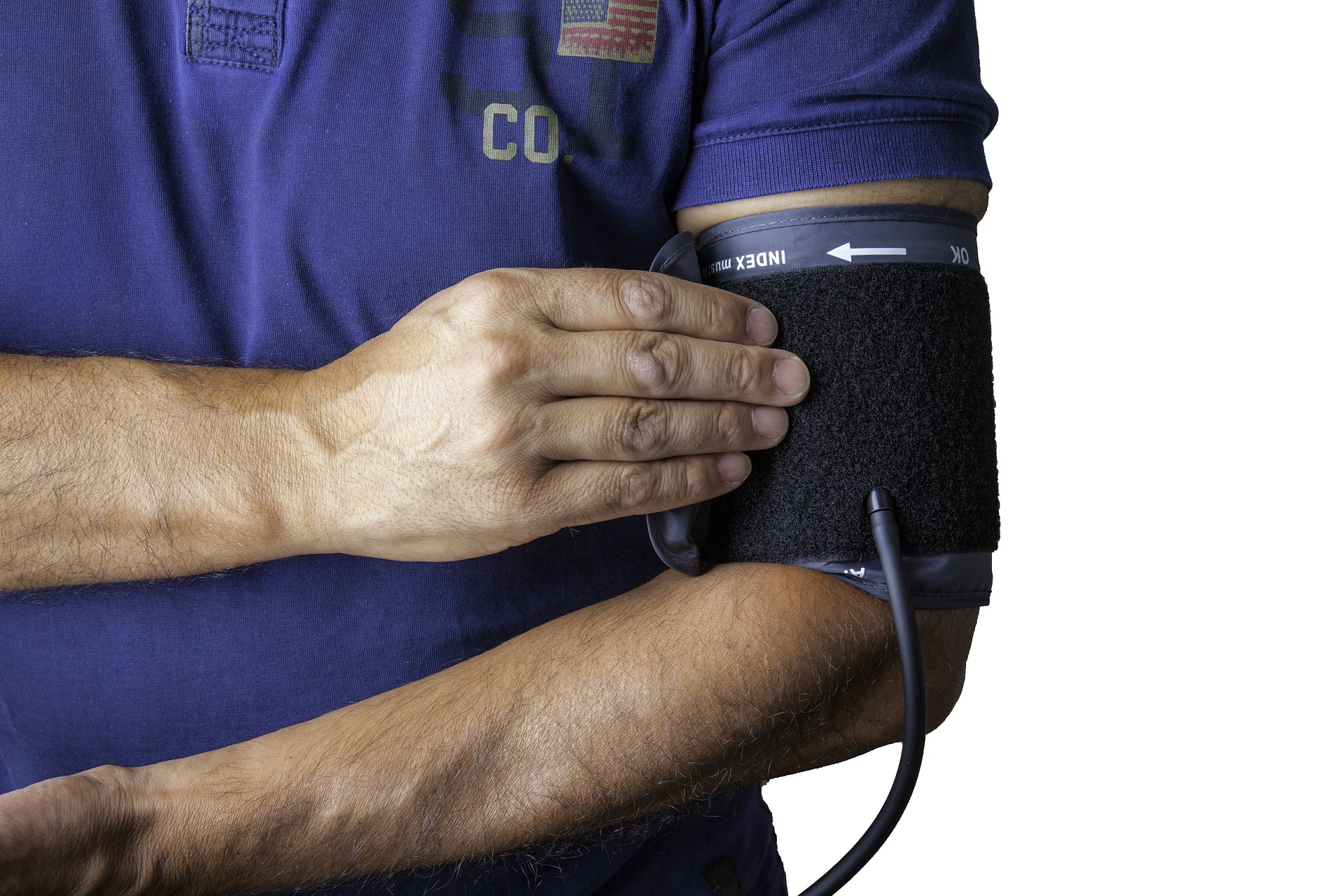Pulse
Do you have a pulse? Chances are, if you are reading this, then you do have one! Do you know what a normal pulse is and how to assess it?
Put two or three fingers from your dominant hand, just under the base of your thumb and wait. Be mindful of what you are doing and concentrate on what you feel. If you don’t feel anything, adjust your position.
Your pulse should beat under your fingers regularly, like a metronome. It should beat between 60 to 80 times per minute. Feel it and count it for the minute, looking at a watch/clock with a second hand.
If it is slower than 60 beats per minute, it could be that you are very fit, or are on cardiac medications. If it is faster than 100 beats per minute, it could be that you have been rushing around or doing something strenuous.
If your pulse does not feel like a metronome, instead, it feels a little like a jazz band playing under your fingers, then you have an irregular pulse.
Is it regularly irregular, ie. Does it beat the same over a few seconds, like dropping a beat, or having two beats close together, regularly. Or does it feel irregularly irregular ie. all over the place?
For a pulse that is anything other than regular, like a metronome, you should consult your Doctor for a check up. There are many cases of Atrial Fibrillation that are undiagnosed.
Blood Pressure
What is normal blood pressure? According to the Blood Pressure Association, 2008, ideal blood pressure is 120/80. Anything between 120-140 on the top and 80-90 on the bottom, is considered pre-high blood pressure and should be checked out by the Doctor.
High blood pressure is classed as anything over 140 on the top and/or 90 on the bottom. But how will you know what your blood pressure is, if you don’t have a machine and haven’t had it taken in years?
Well, you could buy your own machine (I have a small one that fits around my wrist). This will allow you to check your blood pressure at varying times of the day and as often as you wish.
You could go to a pharmacy or the Nurse at your Doctor’s surgery, both will check your blood pressure for you. Some Doctors now have machines for any of their patients to use.
High blood pressure directly increases the risk of heart attack and stroke, which can be fatal. It is also the most preventable cause of premature ill-health.
So what treatment options do you have? Well, as I see it, there are two! You can go the medical route and get drugs from your Doctor, or the alternative route is to assess your diet and lifestyle and make some much needed changes.
Medical Route
The drugs that will be prescribed fall into several categories, diuretics (water pills), Beta Blockers, Angiotensin Converting Enzyme Inhibitors (ACE inhibitors), Angiotensin II Receptor Blockers (ARB’s), Calcium Channel Blockers, Alpha Blockers, Centrally Acting Drugs, Vasodilators and Renin Inhibitors.
They all reduce blood pressure by either relaxing the blood vessel walls, stopping the vessels contracting or by making the body off-load excess fluid.
All Medications Come With Side Effects. These Include:
Cough
Diarrhoea or constipation
Dizziness or light-headedness
Erectile dysfunction
Feeling nervous
Fatigue
Headache
Nausea or vomiting
Skin rash
Weight loss or gain without trying
Frequently passing urine
Loss of Potassium (leg cramps and fatigue)
Dehydration / dry mouth
Increased sensitivity to cold
Increased sensitivity to sunlight
Swollen, tender, bleeding gums (gingivitis)
Upset stomach
Lifestyle Adjustment
This includes things like
Exercise – walking, gym/studio/home based and lifting weights
Optimising your gut flora, taking pre and pro biotics (but not those milky drinks in small bottles)
Stop smoking, if you smoke
Take a supplement, grape seed extract, bilberry extract or olive leaf extract have all been shown to reduce blood pressure
Optimise your Vitamin D3 intake – sunshine, salmon, shiitake mushrooms, eggs, cheese and butter, or take a supplement
Eat two cubes of dark chocolate a day
Eat good, wholesome foods with plenty of fruit and vegetables and stop eating junk and convenience food that are full of trans fats and sugars
Intermittently fast eg try the 5:2 diet or eat for 6 hours a day and fast for the other 18 hours, from dinner one day to lunch the next
Deal with your stressors
Lose weight if you are overweight
Relax in an Epsom Salt bath
Use Magnesium Oil as a supplement. Magnesium tablets are not well absorbed, it’s better through your skin
Take your own blood pressure – you might have “white coat syndrome”, where your blood pressure rises when you see a Doctor or Nurse
The choice of treatment for your high blood pressure is yours, make sure it is an informed choice.
NB If you feel unwell and/or have chest pain, please consult your Doctor Sarah Dawkins
You can find much more information on living a holistic lifestyle in these free magazines and on our YouTube channel.

Sarah Dawkins
Registered Nurse, BSc (Hons), MSc, Accredited Master Coach
Improving Your Healthy Naturally
Web – www.sarahdawkins.com






